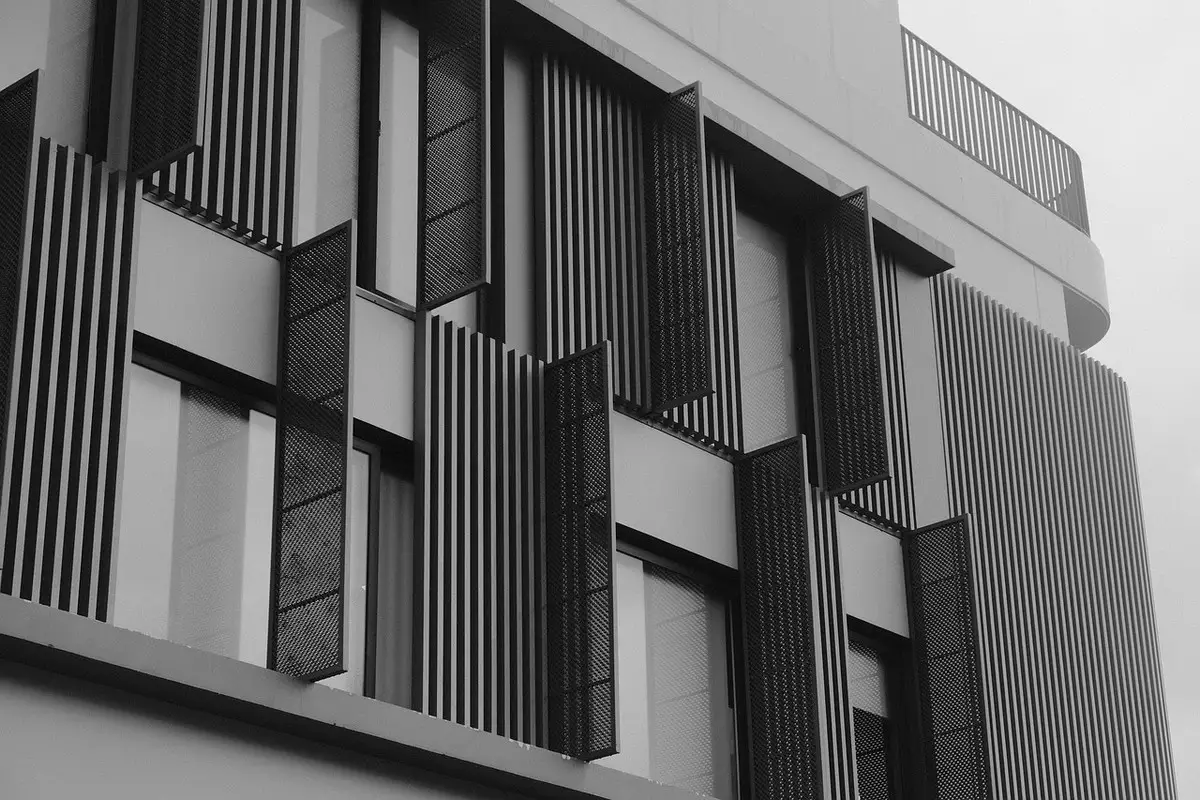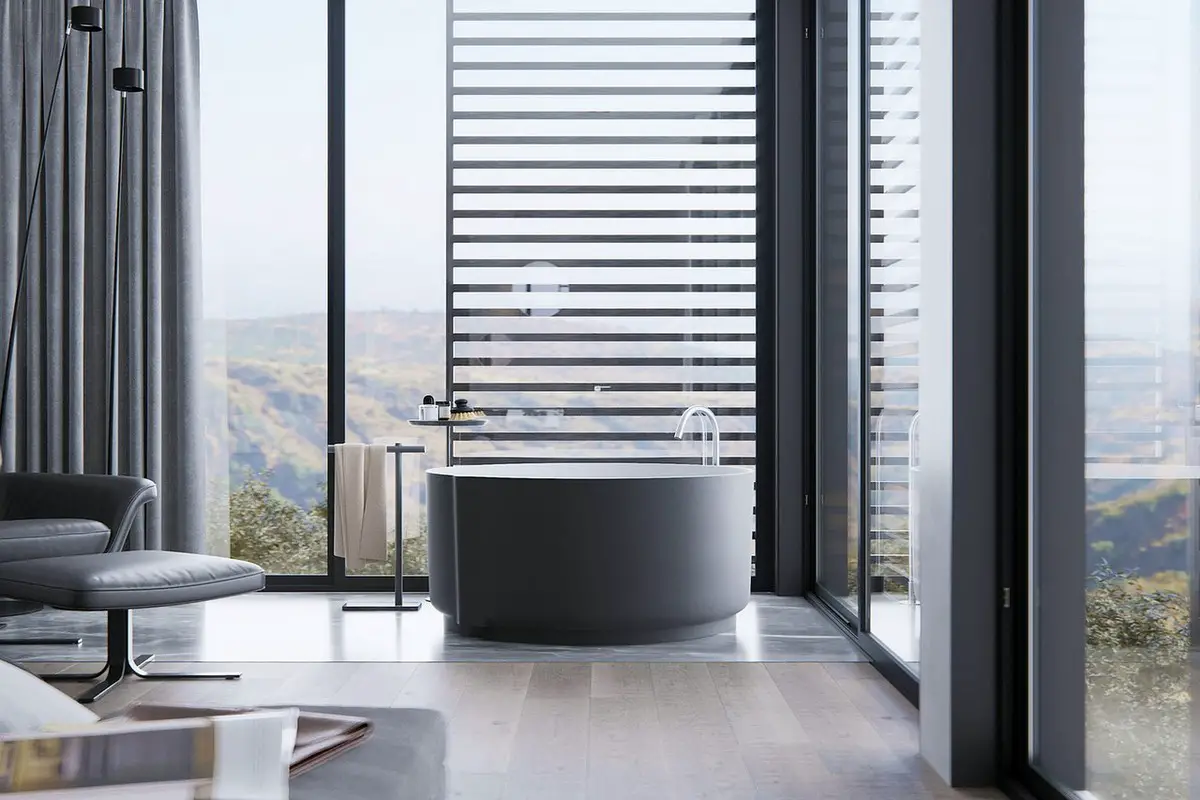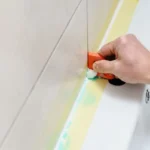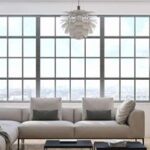Can solar screens for windows save you money tips, Home external shading, Building window covering, Property shades
Can Solar Screens For Windows Save You Money?
20 November 2023
Have you noticed your electricity bills skyrocketing lately? With energy costs continuing to rise across the country, many homeowners like yourself are looking for ways to reduce power usage and cut down on expensive utility bills. Especially during scorching summer months, blasting the air conditioning non-stop can really take a toll on your budget.
But what if there was a simple way to lower the energy needed to cool your home without sacrificing comfort? Installing solar screens on your windows could be a smart money-saving solution. This article will explore how window screens that block sunlight can help cut your electricity costs and keep more green in your wallet. You will see how solar screens work, their benefits, factors to consider, estimated energy savings, and products offered by Arrowhead Solar Screens.
How Do Solar Screens Work?
Solar screens are mesh screens typically made of aluminum, fiberglass, or vinyl that are installed on the outside of windows. Unlike interior blinds or curtains, solar screens create a barrier that prevents a large portion of sunlight and heat from ever reaching and passing through your window glass.
By blocking and reflecting sunlight before it can penetrate the window, solar screens reduce the amount of solar heat gain within your home. This heat gain from direct sun exposure is a major contributor to higher indoor temperatures. Reduced heat penetrating through windows means your air conditioner doesn’t have to work as hard to cool your home.
Solar screens also create an insulating buffer zone of stationary air between the screen material and your window. This additional layer helps reduce heat transfer into your home, further lowering cooling demands. The combined effect of blocking sunlight while also providing an extra air gap makes solar screens an effective way to cut energy costs.
Types of Solar Screen Materials
There are a few common materials used for solar screen construction:
- Aluminum – Aluminum screens with smaller mesh sizes can reflect up to 80% of sunlight. This material is also very durable and resistant to corrosion.
- Fiberglass – Fiberglass screens are able to filter out a high percentage of solar radiation, though they tend to be less durable than aluminum over the long-term.
- Vinyl-Coated Polyester – Vinyl-coated screens offer a good mixture of solar heat rejection, durability, and flexibility.
Depending on your budget and your location, these different materials can be effective at blocking sunlight for any home.
Benefits of Solar Screens
Installing solar screens on your home’s windows can save you real money on power bills and provide other advantages.
Lower Air Conditioning Costs
By blocking up to 70-80% of incoming solar heat before it passes through your window glass, solar screens can significantly reduce the burden on your home’s air conditioning system. Since air conditioning can account for over half of a home’s energy usage during warm weather, cutting down its workload directly translates to lower electricity bills.
According to the U.S. Department of Energy, properly installed solar screens can reduce annual cooling costs by 7-15%. That savings is money you can use for something more fun than paying the power company!
Reduce Peak Energy Demand
Solar screens have the greatest impact during the sunniest and hottest times of the day when air conditioning demand peaks. By keeping your home cooler in the late afternoon when the sun is blazing directly on your windows, solar screens lower air conditioning requirements at critical times when the power grid faces high strain.
Reducing energy consumption when demand is highest provides cost savings for you while also helping utility companies better manage the grid during summer.
More Comfortable Home Environment
In addition to lowering cooling costs, solar screens also make your home a more comfortable place. By blocking intense glare and UV rays, they create a more pleasant indoor environment year-round. Solar screens protect your furnishings from sun damage and can reduce fading of furniture, floors, and artwork.
Homes with solar screens also tend to have lower humidity because less outdoor air and condensation infiltrates indoors. And when you can rely less on air conditioning thanks to cooler temperatures from solar screens, it’s easier to open windows and enjoy fresh breezes.
Considerations When Buying Solar Screens
There are a few factors to think about when deciding if solar screens make sense for your particular home and situation.
Climate and Weather Patterns
Homes located in hot, sunny climates like the Southwest that run air conditioning for much of the year will benefit the most from solar screens. Reduced solar heat gain directly translates into lower cooling costs.
In more moderate or temperate climates, solar screens can still help but may provide more limited energy and cost savings compared to sunnier regions. Homes in cool northern climates are less likely to achieve a decent return on investment from installing screens.
Home Energy Efficiency
It’s wise to optimize your home’s energy efficiency before adding solar screens. Start with basic air sealing, adding weatherstripping around doors and windows, and increasing insulation.
Taking these steps ensures solar screens will be effective since they won’t be wasting already cooled indoor air leaking through hidden cracks and gaps. Sealing and insulating your home provides the right foundation to maximize solar screens’ energy and cost savings.
Window Placement
Strategic window placement is key for solar screens to have optimal impact. South-facing windows receive the most direct sunlight in the northern hemisphere, so they should be top candidates for screens. West-facing windows get intense afternoon sun and are also good options. East-facing windows get morning sun so they can benefit as well, though the effect is less pronounced.
Proper Installation
How well solar screens are installed makes a major difference in their effectiveness. To function properly, solar screens must be mounted flush in window frames to create a tight seal that prevents airflow around the edges. This blocks heat entering any gaps between the frame and screen.
Proper installation also ensures the screens don’t sag over time, reducing their ability to reflect sunlight. DIY installation is definitely possible if you have the right tools and hardware. But hiring a professional who is experienced in getting a tight fit will provide the best results.
Expected Energy Savings with Solar Screens
Exactly how much can you save by adding solar screens to your home? Time to look at some estimated percentages and factors that impact savings.
Studies have found that solar screens can reduce air conditioning energy usage by 25-80% compared to windows with no screens. But more typically, energy savings from window screens average around 40%.
According to energy experts at the Florida Solar Energy Center, solar screens lower cooling bills by about $150 per year for the average home. But actual savings can vary quite a bit based on these variables:
- Screen Material and Quality – Better solar heat rejection and tighter screens increase savings. Look for screens that block at least 90% of UV rays.
- Home Size and Window Coverage – Larger homes with expansive window areas exposed to sun will save more than smaller homes.
- Climate and Weather – Hot, sunny climates provide the highest return. Cloudier regions see lower savings from their solar investment.
- Window Placement – South and west facing windows are most crucial to screen.
- Whole Home Efficiency – Fix leaks and gaps before installing screens to maximize results.
- Proper Maintenance – Keep screens clean and in good repair.
You’ll gain the highest energy and cost reductions by taking a whole home approach to efficiency alongside properly installed and maintained solar screens.
Solar Screen Options
Solar screens come in a variety of options to match your needs and preferences:
Manual Retractable Screens
Manually retractable screens can be opened or closed by hand using an easy mechanism. This allows you to adjust solar screening as needed at different times of day or year.
Motorized Retractable Screens
Motorized solar screens offer the convenience of remote-controlled operation. Screens can be closed or opened at the touch of a button.
Fixed Screens
Fixed screens remain in place 24/7 and are the most economical choice, albeit without adjustability. They make sense for windows that get constant sun exposure.
Within these operation types, screens are also available in a range of colors, materials, styles and sizes. Getting custom solar screens sized to your exact window dimensions can maximize efficiency and visual appeal.
Professional vs. DIY Installation
Installing solar screens isn’t rocket science, but doing it right does take some skill and tools. Here are some things to keep in mind when weighing DIY vs. professional installation.
Hiring a pro ensures your screens are installed correctly for maximum efficiency. Experienced installers have the right techniques and tools to create a tight seal around your window frames. They can also optimize solar screen placement room-by-room.
Many professional installers offer warranties on parts and labor giving you peace of mind. DIY installation can work, but incorrect mounting or seal can result in decreased energy savings from screens that underperform.
And without the right commercial mounting equipment, DIY solar screen projects take significantly longer to complete. But if you have the skills, tools and time, going the DIY route will save on labor costs.
Solar screens for windows – Wrapping it Up
Hopefully this overview has provided valuable information to help you decide if solar screens could be a worthwhile investment for your home. The bottom line is that in the right climate conditions, properly installed solar screens can provide significant savings on cooling and electricity costs for most homeowners.
Of course, your specific situation will determine the return on investment. Carefully weigh the costs versus estimated benefits based on your local weather, utility rates, and current home efficiency. For many homeowners, solar screens can pay for themselves in just a few years through lowered energy bills.
Comments on this Guide to Can solar screens for windows save you money? article are welcome.
Building Facade
Facade Posts
Must-know tips to select sandblasting service
Natural slate rainscreen cladding system
Use of Aluminium in Architecture
Fire-Safe Aluminium Rainscreen Cladding
Buildings
Residential Architecture Articles
Comments / photos for the Can solar screens for windows save you money? page welcome







